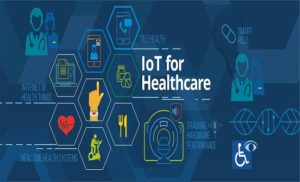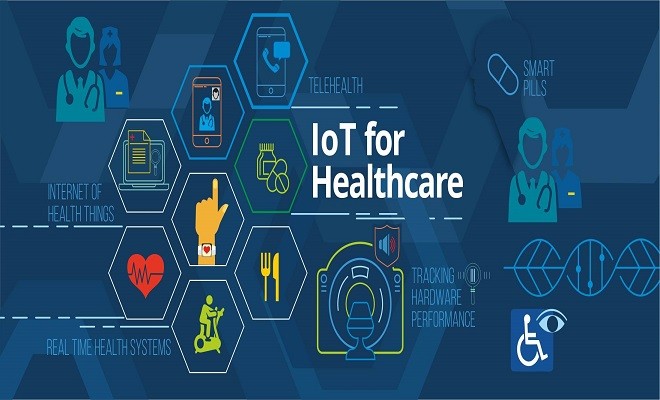The innovative device is of huge help for physically disabled patients, old age persons and other medical patients to convey their needs to caretakers looking after them

A team of Mechatronics engineering students from Chandigarh University has developed an IoT-based medical patient assistance system for attendants to better understand a medical patient’s requirements.
The device is of immense help to physically disabled patients, old age persons and those having serious medical conditions. Such patients are very weak in health and often rely on gestures to address their needs.
Mayank Verma, team member, Mechatronics branch – Chandigarh University said, “The idea came when we visited a hospital where I saw a paralytic patient who could not speak asking for water and there was no one to look after him.”
How it works
The developed system works on gesture controls and movements, which can be attached to the patients’ hand. Attendants can receive notifications whenever the patient needs assistance to perform certain activities such as taking medicines, having meals, requiring to go to washroom etc.
The system has some pre-stored gestures along with an IoT board, gesture sensors, power circuits, wi-fi modules and an LCD screen with speaker. The system can also connect to voice-based online systems such as Google Alexa.
Vivek Chauhan, team member, Mechatronics branch – Chandigarh University said, “One of the main task of the IoT Patient Assistant System is to keep monitoring all the factors that a patient may need to be taken care for like number of times a patient called for assistance and how many times no one attended them, storing the important statistics like heartbeat level, BP Level, blood sugar monitoring.”
Lalit Yadav, team member, Mechatronics branch – Chandigarh University further added, “Another feature of the system is that it comes integrated with an automatic water feeding system where water is slowly dripped into the patient’s mouth as soon it gets command from them.”
Currently costing about Rs. 5000, the team is working to decrease the cost by developing a server-based model where multiple devices can be connected.










